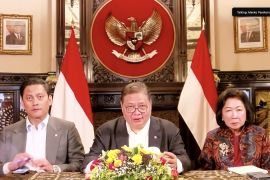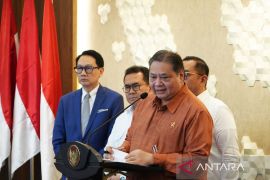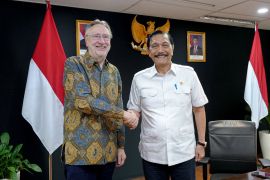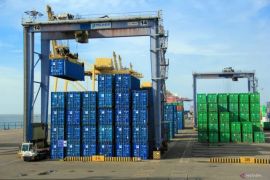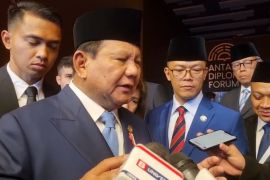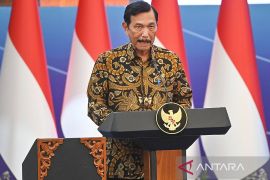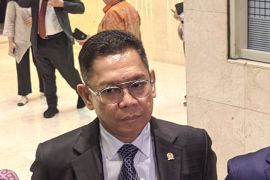"I encourage the government to immediately anticipate the impact of this tariff war, as well as find solutions to mitigate the impact," he noted in a statement on Thursday.
Indonesia is included in the list announced by Trump on Wednesday, which subjects it to a 32-percent import tariff.
According to the House member, the implementation of this tariff policy could potentially affect international trade dynamics and significantly impact the Indonesian economy.
Asan stated that Trump's policy has raised concerns for the Indonesian economy since it could influence the rupiah exchange rate, gold prices, and Indonesia's trade balance with the US.
He highlighted that various main Indonesian export products such as electrical machinery and equipment, garments, fats and vegetable oils, footwear, and fishery products might lose competitiveness in the US market due to higher import tariffs.
"This tariff increase will cause the price of goods from Indonesia to become more expensive in the US market, which has the potential to reduce the competitiveness of these products," he explained.
However, he noted that research conducted by the Economist Intelligence Unit (EIU) estimates that Indonesia may face less severe impacts of Trump's policy than other Asia-Pacific countries such as China, Japan, and Vietnam.
Statistics Indonesia (BPS) reported that while the United States experienced a trade deficit with Indonesia of US$11.97 billion and US$16.08 billion in 2023 and 2024, respectively, this was smaller than its deficits with China, Japan, and Vietnam.
To address these challenges, Asan suggested the government adopt strategic steps to mitigate the negative impacts of the US's reciprocal tariff policy, such as diversifying export markets and reducing reliance on the US by expanding trade relations with other countries.
In addition, tax incentives and subsidy policies can be provided to affected industries to increase competitiveness and maintain the stability of the manufacturing sector.
In the financial sector, Asan emphasized maintaining the stability of the rupiah exchange rate through adaptive monetary policy.
Asan suggested that Bank Indonesia optimize foreign exchange reserves and implement market intervention policies to curb excessive volatility.
"In bilateral forums, the Indonesian government can also negotiate with the US to obtain tariff exemptions for several major export products or renew the Generalized System of Preferences (GSP) program to maintain preferential access to the US market," he stated.
He observed that the risks posed by Trump's policies can be effectively managed through appropriate mitigation measures even though they introduce new challenges to the Indonesian economy.
"With an approach, including market diversification, adaptive fiscal and monetary policies, and proactive trade diplomacy, I am confident that Indonesia can maintain economic stability and growth amid increasingly complex global trade dynamics," he remarked.
Related news: Ready to anticipate impact of US tariff policy, govt says
Related news: Mulyani warns broader ASEAN impact from Trump's import tariff policy
Translator: Fianda Sjofjan, Resinta Sulistiyandari
Editor: Primayanti
Copyright © ANTARA 2025



